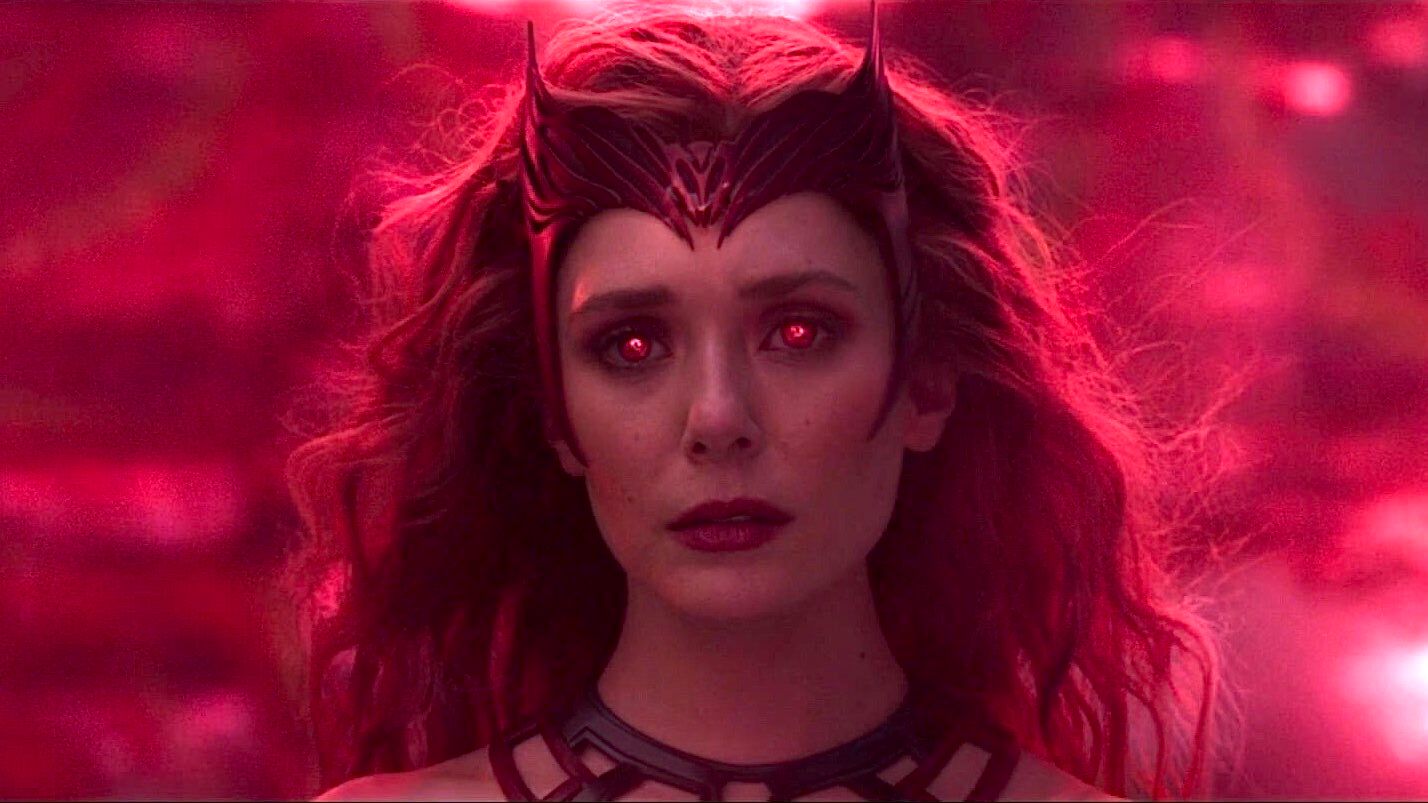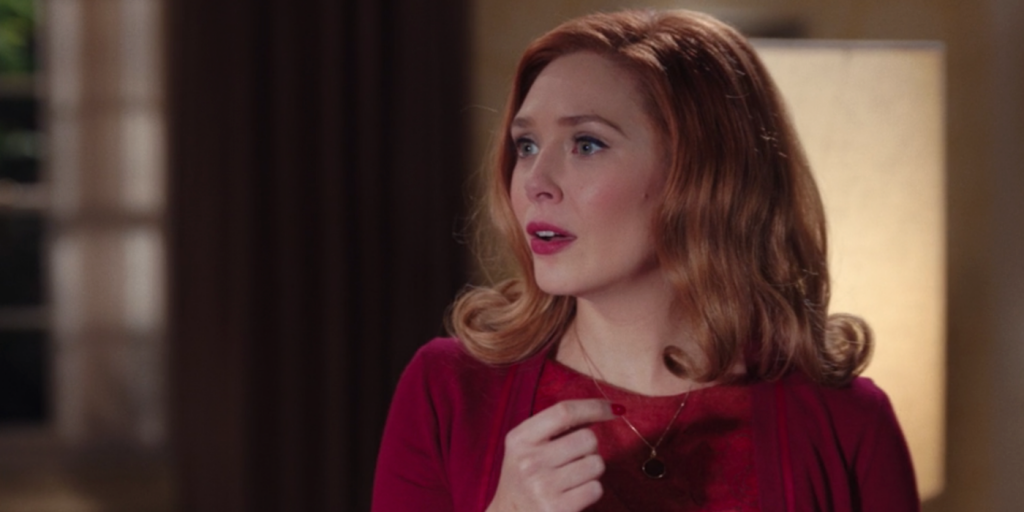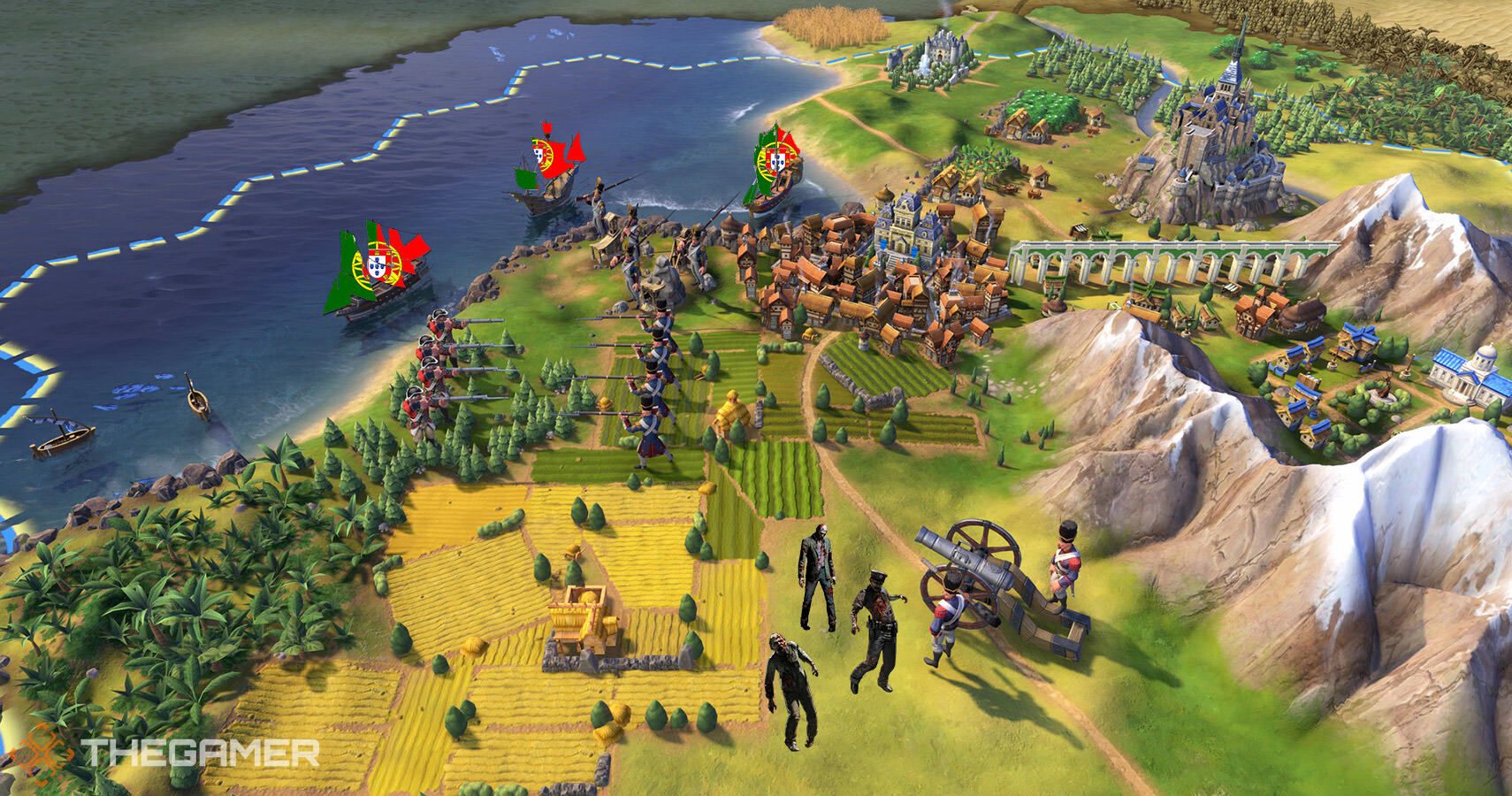WandaVision came to an end last week, and while I think it fell into the typical MCU trap of mismanaged endings, I thoroughly enjoyed its run. Through episodes 1-3 and 5-7 especially (that’s the sitcom parody episodes), the show masterfully constructed its dynamic between Wanda and Vision, and then later adding in Billy, Tommy, and Pietro. Each and every sitcom trope was there for a specific purpose to highlight exactly how Wanda felt in relation to her family. When things were good, she was Mary Tyler Moore, and when they were bad, she was Jane Kaczmarek. When she had nobody to talk to, she aped Modern Family to give her an outlet for her thoughts. It was more ingenious, more risky, and far more creative than MCU offerings tend to be – I love the MCU but let’s be real – and in the end, it couldn’t sustain itself, because it needed to fit into a neat little Phase 4 box.
There is obviously some built-in emotional connection that comes from knowing what Wanda has been through in the MCU, but as the dust settles, it feels like it might have been better had it not felt the need to adhere so closely to a bigger picture.
There are two main strands to this argument, and both are equally important. Firstly, WandaVision assumes a lot of knowledge. It’s not really a new TV show, it’s the latest movie in a line of 23 other movies. Yeah, I know you don’t need to watch them all, you just need to watch this specific seven, but that still feels like a big ask. For this brand new TV show to work, you need to have seen these seven movies beforehand. That’s not all though. While WandaVision was given permission to swing for the fences in its first few episodes, it was forced to bunt in the finale because Falcon and the Winter Soldier and the rest of the MCU were going to make a play for third base.
With the first issue, I think that’s difficult to solve. Those 23 movies have already happened, and many of them broke various box office records. They’re incredibly popular, and a lot of people have followed the MCU every step of the way. To be honest, I love that the MCU is breaking out of its two-hour blockbuster pigeonhole into more creative television endeavours. It also appears that both The Falcon and the Winter Soldier and Loki will each differ from each other and from WandaVision, meaning we could be in for more experimentation down the line. As an MCU fan, I’m all for them venturing into television with intent instead of with vaguely tied in spin-offs like Agents of SHIELD or The Defenders. But as we start to discuss WandaVision more critically, rather than trying to keep up with each episode and figure out some theories, it’s important to keep WandaVision’s unique place in the television canon in mind.
It’s not a new television show in the way that Bridgerton, or Lovecraft County were new TV shows. It’s not a spin-off in the vein of Better Call Saul or Cheers either. It’s not an adaptation of an existing work, a riff off an older show, or even a new story set in an established world like The Mandalorian. WandaVision is a sequel to Spider-Man: Far From Home and a prequel to Falcon and the Winter Soldier. It barely matters where they fit in the timeline, the MCU is meticulously planned so we see things in the exact order we’re supposed to. You might argue that actually, WandaVision has no connection to Spidey, but it’s Far From Home that establishes how people return post-blip. The scene in the hospital at the start of episode four only really makes sense if you firstly have knowledge of Thanos’ victory in Infinity War and defeat in Endgame, but you also need to be aware of the explanation of how people returned that we get to see in Far From Home. WandaVision was a great television show, but it can never be fully untangled from the interconnected web of the MCU.
The other issue is more frustrating, because it could have been solved. WandaVision exists, in the most cynical of terms, to increase Wanda’s popularity – either to set her up as a box office draw for the next Avengers movie or to begin her descent into villainy. It also keeps the story ticking over and brings Jimmy Woo and Darcy Lewis back into the fold, and introduces White Vision, Agatha Harkness, and Photon. The MCU is always so concerned with what comes next. I’m guilty of this myself; during WandaVision’s run, I speculated on the potential arrival of both the Fantastic Four and Loki, as well as trying to suss out exactly who it was all along. Hypocritical as it may be, I wish the showrunners weren’t as preoccupied with what comes after.
For example, we see several children during Wanda’s Halloween evening, but never see them at other times. We later learn that Wanda is – probably subconsciously – keeping these children locked in their bedrooms, because they do not fit the current storyline. This is told to us, very explicitly, having barely been hinted at. In a non-MCU show, a show less concerned with wrapping this up neatly and less laser-focused on Wanda and the other comic book characters, surely we could have seen the abject horror of this torture first-hand, but since their parents are minor characters with no comic book legacy, no screen time is wasted on them.
When I wrote about my dissatisfaction with WandaVision’s ending, I was mainly concerned with how it ended in yet another symmetrical battle where the hero emerges victorious. Even after that though, WandaVision’s ending is shaped by its place in the MCU. We need Wanda to remain in the story, and so while she loses Vision and her children, she essentially gets away with her crimes. She suffers, but she is not punished. She held an entire town captive and psychologically tortured them, then doesn’t even escape, she just strolls away. That’s because we need the post-credit scene of her with the Darkhold, probably at Wundagore Mountain, in order to set up the events of Doctor Strange in the Multiverse of Madness. That couldn’t very well happen if Wanda faced actual consequences, could it?
I’m not as sold on Hayward’s ending being off-key. Yeah, he was trying to stop Wanda but he would also have been very happy to drone strike the whole town and get the whole thing over with if he had half the chance, so I think he deserved his ending. Wanda’s bittersweet exit? Not so much.
Overall, it’s clear WandaVision was a success for the MCU. It did its very cynical narrative job correctly, it was popular, it proved the franchise was big enough to take risks, and after a year with no MCU action and several big stars stepping away from the cinematic universe, WandaVision helped the MCU to instantly find its rhythm. But it’s indelibly tied to the movies that came before it, and to the movies (and television shows) yet to come. Maybe it would have been a better put together show if it did not need to be so confined by continuity, but it’s hard to imagine that Marvel cares about something like that.
Next: What’s Next For The MCU After WandaVision?
- TheGamer Originals
- disney
- Marvel
- MCU
Stacey Henley is an editor for TheGamer, and can often be found journeying to the edge of the Earth, but only in video games. Find her on Twitter @FiveTacey
Source: Read Full Article


